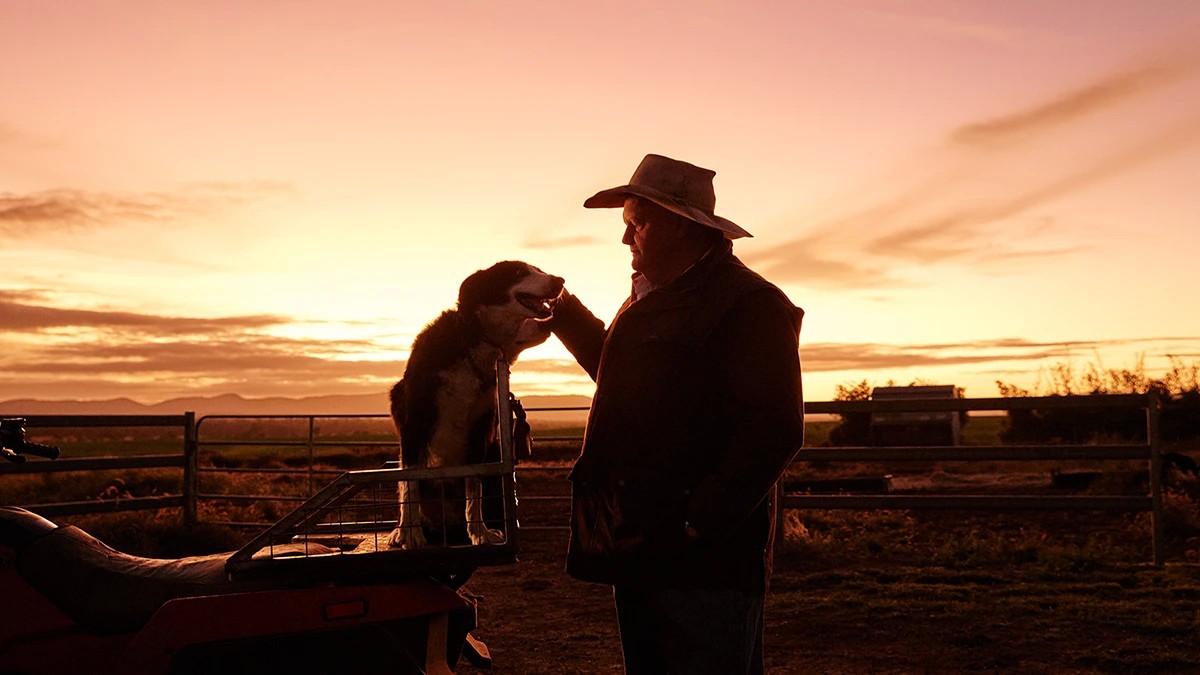
Blockchain is a term that might not currently mean a lot to farmers in Australia, but the technology could be about to revolutionise the transactions that drive agricultural trade.
Most people are aware of Bitcoin – a cryptocurrency that acts a medium of exchange outside the traditional banking system. Blockchain is the technology that underpins Bitcoin, and many organisations are examining ways to leverage its benefits to reduce risk.
The speed and security with which payments can be made and received could vastly improve cash flow management.
Blockchains are distributed digital ledgers that members of a community can use to record and share data.
They are commonly utilised to track transactions across multiple computers, with information updated and reconciled throughout a decentralised network that can span millions of machines.
Each data ‘block’ is connected to others chronologically to form a ‘chain’ using complex algorithms in a process called ‘hashing’. Transfers are typically completed within 10 minutes.
Commonly cited benefits of blockchains include:
So, what does blockchain technology have to do with agriculture?
Australian farmers have been at the forefront of implementing blockchain for supply chain benefits.
In fact, NSW-based firm AgriDigital facilitated a world-first in December 2016 when it connected its cloud-based transaction system to a private blockchain network in order to settle a physical commodity purchase.
David Whillock, a grower from Whillock Pastoral in NSW, delivered 23 tonnes of wheat to Fletcher International Exports, and the blockchain-enabled AgriDigital system was able to settle payment within minutes of arrival.
The speed and security with which payments can be made and received could vastly improve cash flow management for many farmers in the country.
Blockchain is still in its infancy in Australia, but Emma Weston – co-founder and CEO of Full Profile, which owns AgriDigital – said the opportunities for farmers are enormous.
She highlighted three key benefits in an interview with S&P Global Platts earlier this year:
“De-risking the agri-supply chain through real-time settlement of physical commodity transactions has broad benefits for all participants by increasing efficiency, trust and security,” Ms Weston explained.
Farmers who would like to discuss the risks their agricultural business is facing should contact MGA Insurance brokers for more information on crop insurance, farm insurance and other types of cover.

Surviving as an SME in a competitive business landscape is never easy. A mere half (51%) of businesses are still running four years after opening their doors, according to McCrindle Research.
» READ MORE
Blockchain is a term that might not currently mean a lot to farmers in Australia, but the technology could be about to revolutionise the transactions that drive agricultural trade.
» READ MORE
Cover for managing their agricultural businesses is not the usually the first thing on the minds of many Australians farmers. Most are too busy running their day-to-day operations, or worried about insuring for loss or damage to their produce and livestock.
» READ MORE